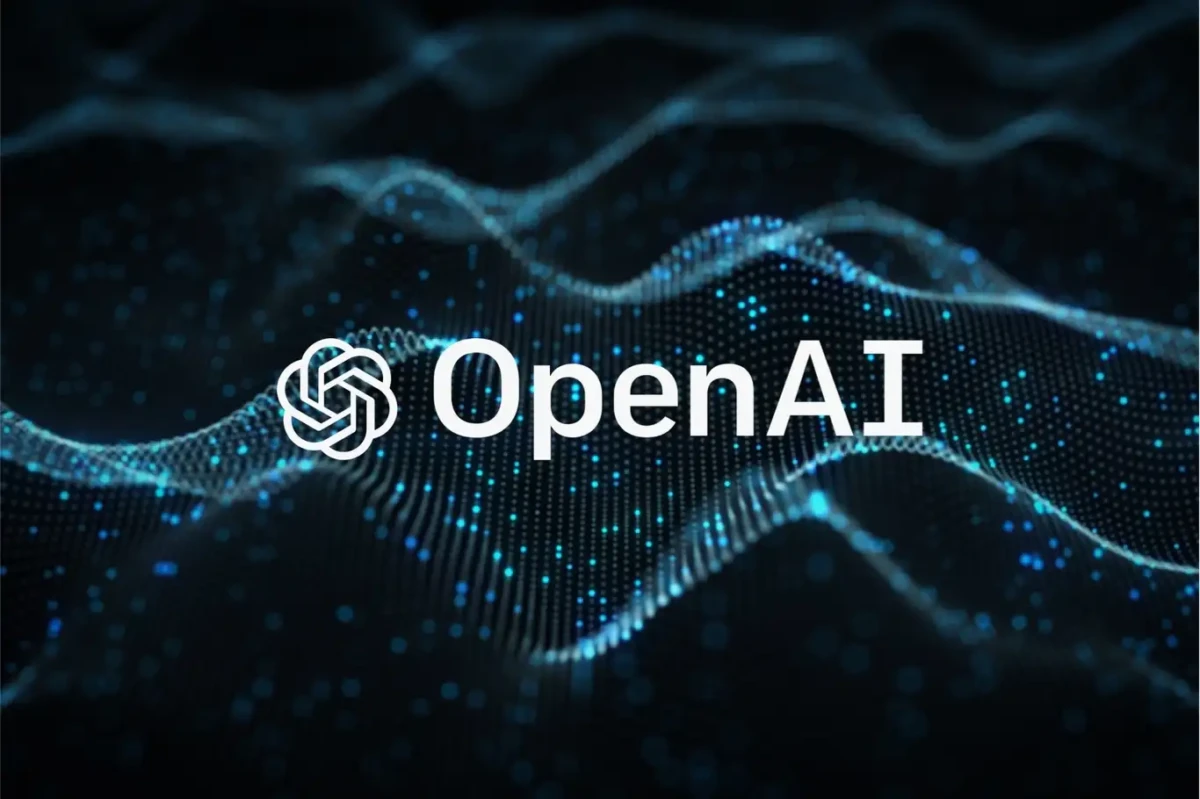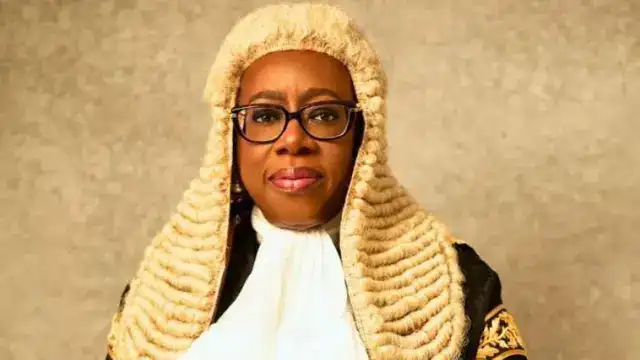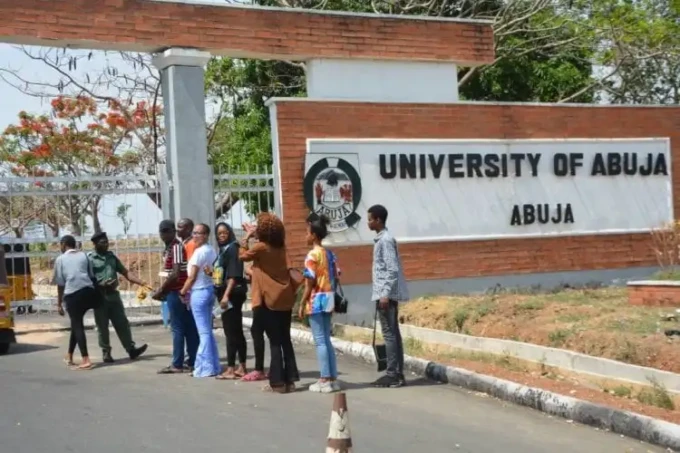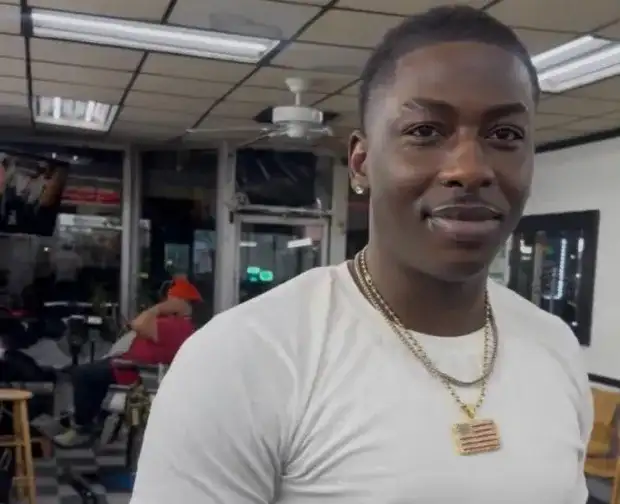A regional court in Munich has ruled that OpenAI’s ChatGPT breached German copyright law by reproducing lines from nine protected songs, including famous tracks by Herbert Groenemeyer such as “Maenner” and “Bochum.”
The lawsuit was initiated by GEMA, the German music rights society that represents composers, lyricists and publishers. Judge Elke Schwager concluded that OpenAI had used copyrighted material to train its language model and ordered the company to pay damages—though the court did not make the amount public.
GEMA said the judgment paves the way for talks with OpenAI on fair compensation for rights holders. CEO Tobias Holzmueller underscored the decision’s wider significance, insisting that creative works on the internet are not free for unrestricted use and that the ruling clarifies authors’ rights with respect to AI tools.
OpenAI had countered that its models do not retain or copy specific texts but instead learn statistical patterns from large datasets. The company also argued that any infringing output would be produced only in response to user prompts and thus user liability should be considered. The Munich court rejected those defenses, finding both memorization within the models and the subsequent reproduction of lyrics in outputs amounted to infringements of copyright exploitation rights.
Legal observers say the outcome could influence how AI developers across Europe handle copyrighted training material. The case can still be appealed: OpenAI said it disagrees with the decision, noting it concerns a limited set of lyrics and, in its view, does not undermine the everyday use of its technology by millions of users, businesses and developers in Germany.












Wow, can AI really be held responsible for copyright infringement? This ruling has some serious implications for the future of technology.
I cant believe OpenAIs ChatGPT is in legal trouble in Munich for reproducing German lyrics! Whats next, AI getting sued for singing karaoke?
I cant believe ChatGPT got in trouble for German lyrics! Is AI really to blame here? What do you all think?
I cant believe OpenAIs ChatGPT got caught reproducing German lyrics! Should AI be held accountable for copyright infringement?
I think OpenAI should be held accountable for reproducing copyrighted lyrics. Its important to respect artists work. What do you guys think?